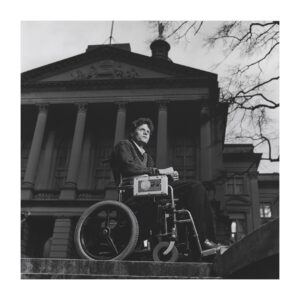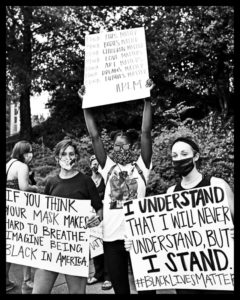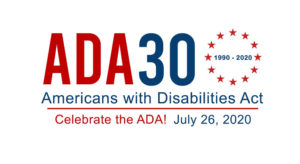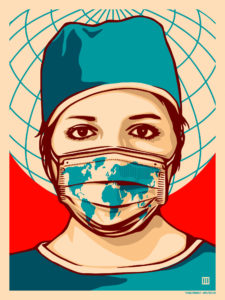While exploring the ongoing effects of disability on students, clinicians, and patients alike was a key aspect of the Summit, another crucial takeaway for attendees was a reference list offering guidance on moving forward. How do we improve our efforts to create equity of access, inclusion, and anti-ableism? In this introduction, Deana Herrman, PT, PhD, honors the groundbreaking work of disability rights activist Judy Heumann, and notes a good place to begin is with her book, Being Heumann. Along with co-authors, Sarah Caston PT, DPT and Priyanka Bhakta PT, DPT, she has created a list that offers a variety of self-education materials. “It is never too late to start, and it is always okay to keep learning, recognize when we don’t know enough, and strive to do better—for the future,” Herrman concludes.













